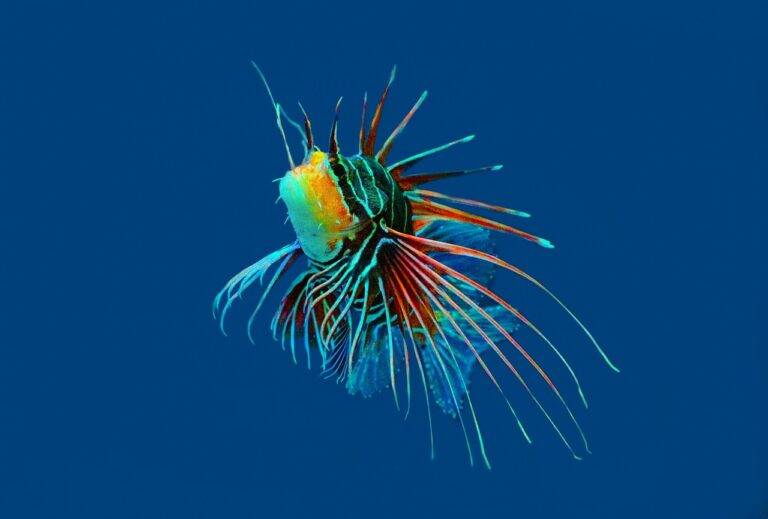Traveling Responsibly in Marine Environments: Protecting Coral Reefs and Marine Life
Coral reefs are vital ecosystems that support a rich diversity of marine life. They serve as breeding grounds, shelter, and food sources for numerous species, contributing to the overall health and balance of the ocean. These vibrant underwater structures also protect coastlines from erosion and provide recreational opportunities for tourists and locals alike.
Marine life, both big and small, play crucial roles in maintaining the intricate balance of the underwater world. From tiny plankton to majestic whales, each organism has a part to play in the complex web of life in the ocean. Preserving these creatures and their habitats is not only essential for biodiversity but also for the well-being of humans who rely on the ocean for food, livelihoods, and even medicine.
Minimizing Impact on Marine Environments During Travel
When traveling to coastal destinations, it is essential to be mindful of our impact on marine environments. Small changes in our behavior can have a significant positive effect on the delicate ecosystems that exist beneath the surface of the ocean. Simple actions like using reef-safe sunscreen, avoiding single-use plastics, and refraining from touching or disturbing marine life can help protect the health and biodiversity of coral reefs and the creatures that call them home.
Additionally, choosing responsible tour operators and activities that promote sustainable practices can further minimize negative impacts on marine environments. Supporting businesses that prioritize environmental conservation, adhere to regulations regarding waste disposal and wildlife interaction, and contribute to local conservation efforts can help ensure that our travels leave behind a positive legacy for the oceans and future generations to enjoy.
Why is it important to minimize our impact on marine environments during travel?
Minimizing our impact on marine environments is crucial to protect delicate ecosystems such as coral reefs and marine life that are vital to our planet’s health and biodiversity.
What are some ways travelers can minimize their impact on marine environments?
Travelers can minimize their impact on marine environments by practicing responsible snorkeling and diving, avoiding touching or stepping on coral reefs, properly disposing of trash, using reef-safe sunscreen, and supporting sustainable tourism practices.
How can travelers educate themselves about marine conservation before embarking on a trip?
Travelers can educate themselves about marine conservation by researching the local marine environment, learning about endangered species, and supporting organizations that work to protect marine ecosystems.
What should travelers do if they witness harmful behavior towards marine environments during their trip?
Travelers should report any harmful behavior towards marine environments to local authorities or conservation organizations, and educate others about the importance of protecting marine ecosystems.
How can travelers contribute to marine conservation efforts even after their trip is over?
Travelers can contribute to marine conservation efforts by supporting marine conservation organizations, participating in beach clean-ups, reducing their plastic consumption, and spreading awareness about the importance of protecting marine environments.





